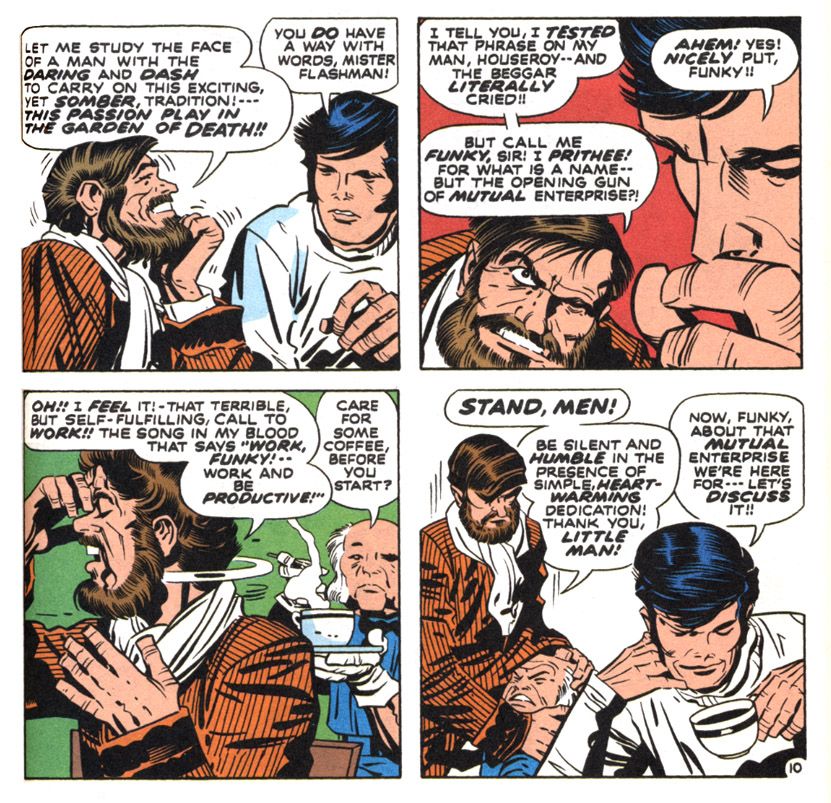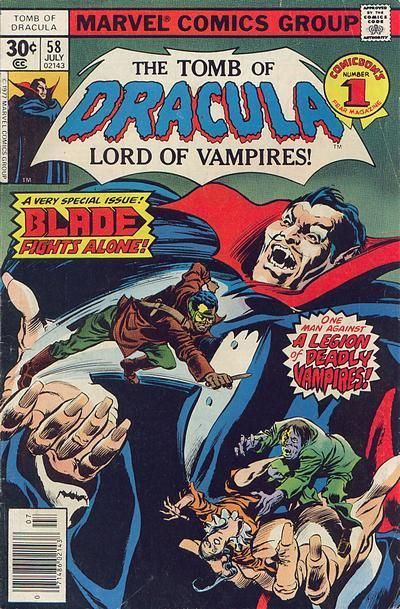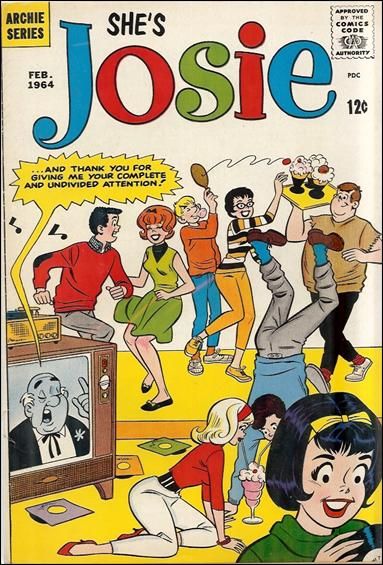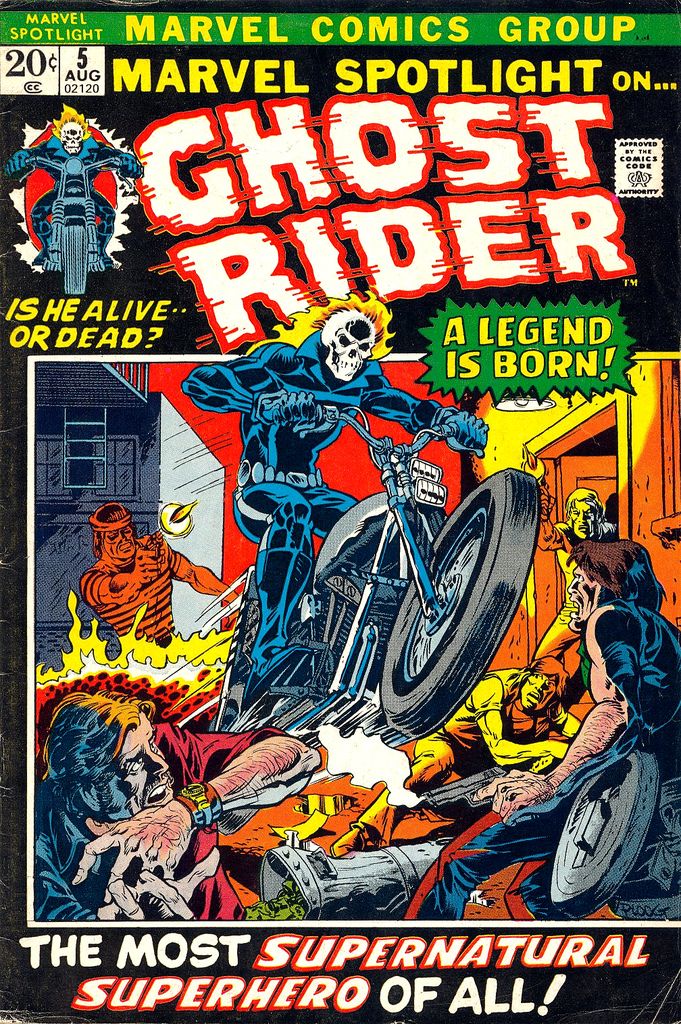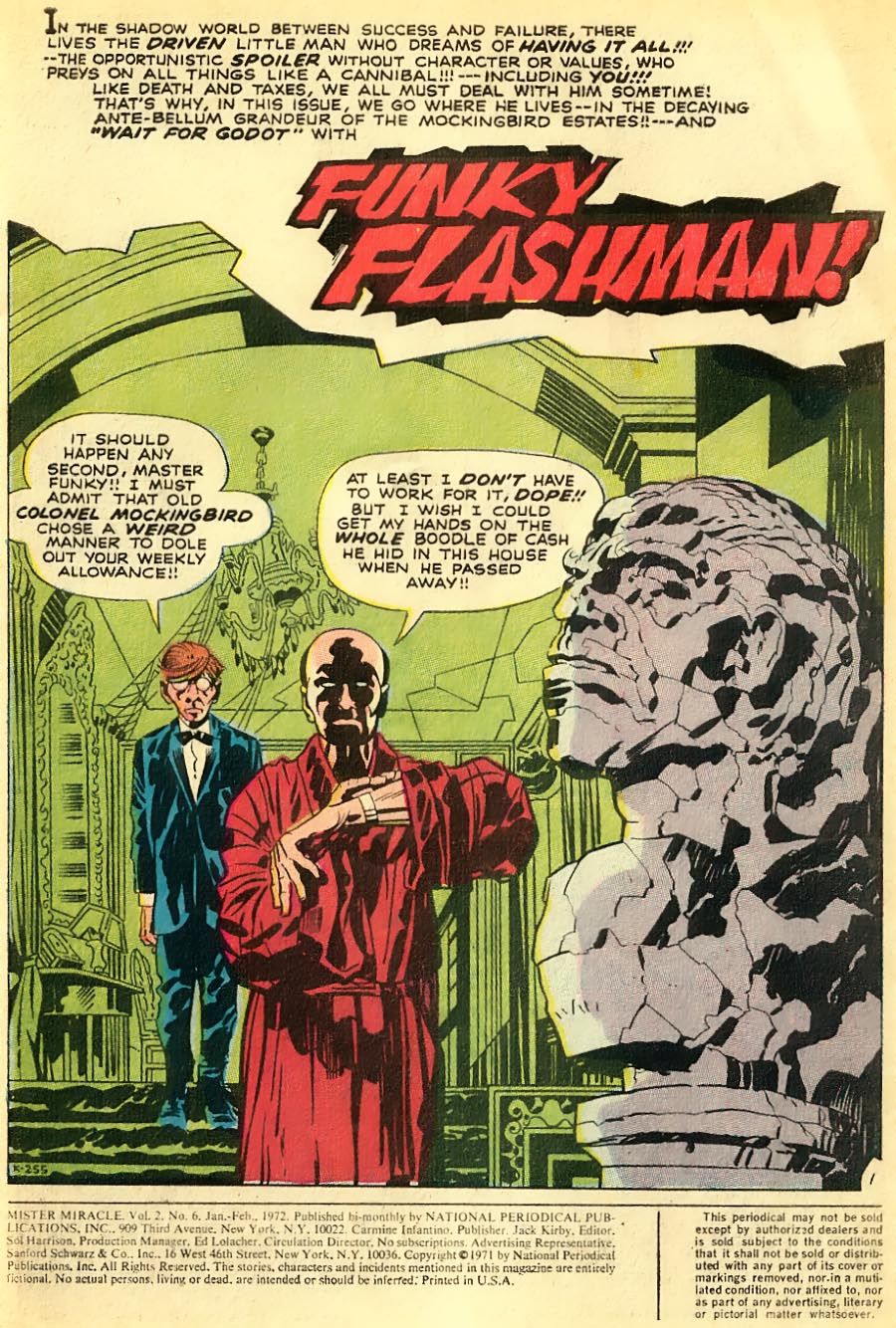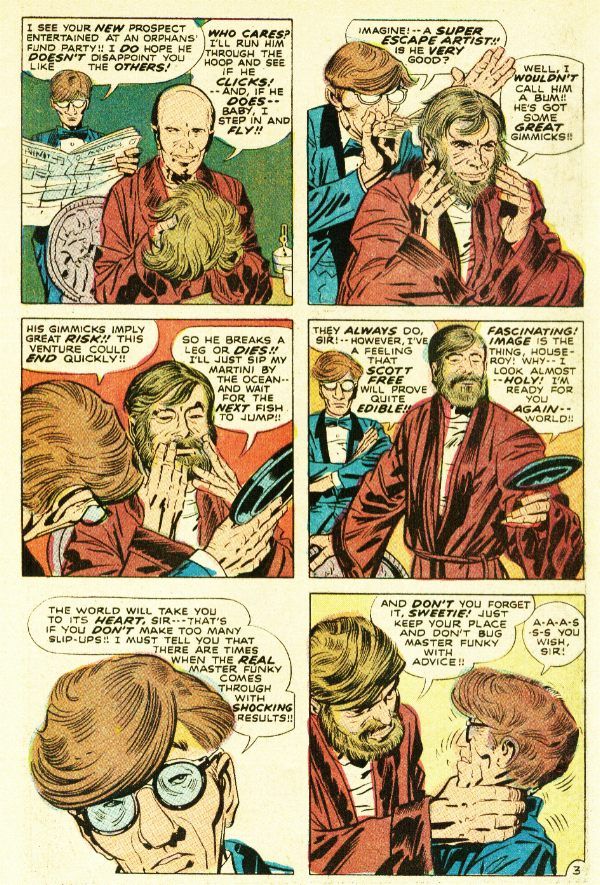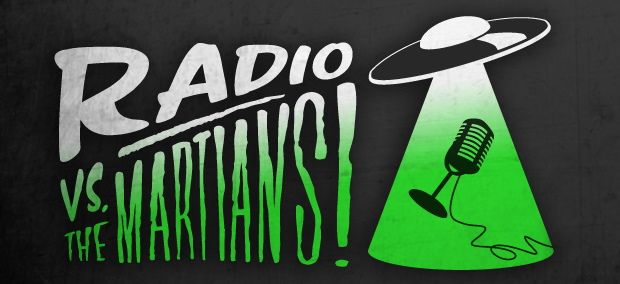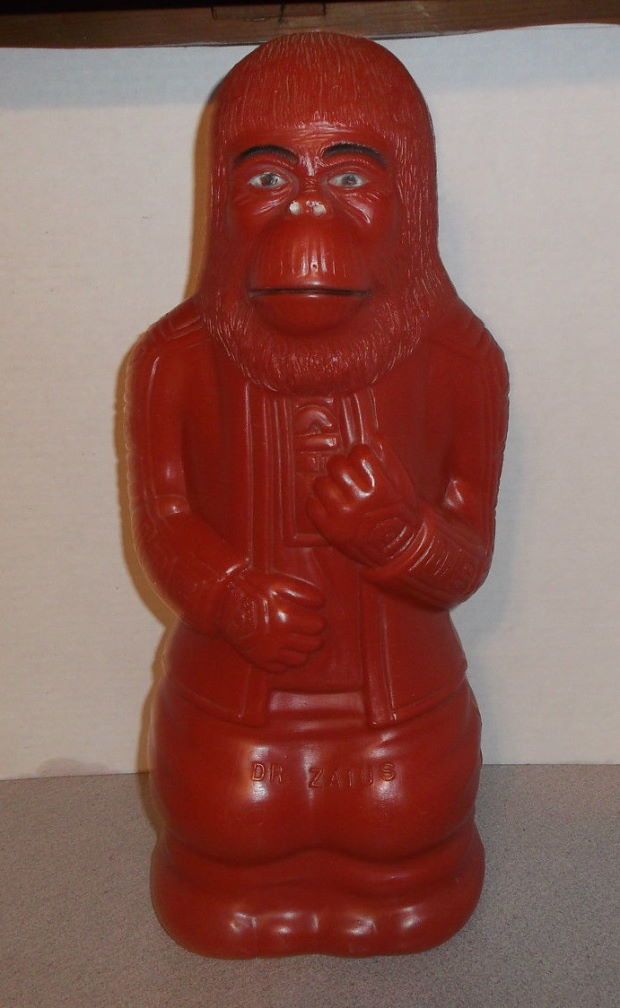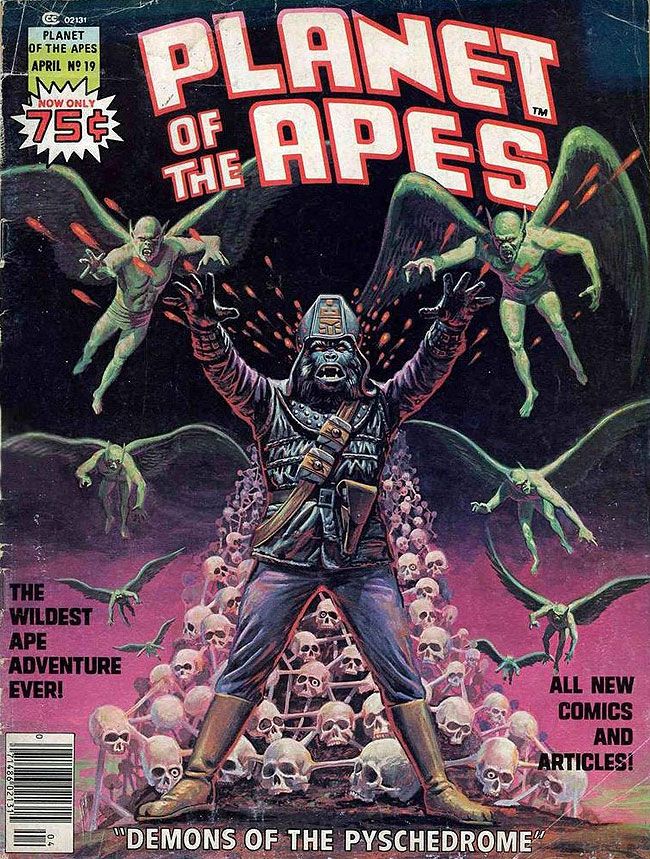All you aspiring young comics-creating folks that are about to graduate from whatever school, this one's for you.
I have this commencement address I do every year. Not officially, like up at a podium, but nevertheless I'm asked this every June by my departing students that are about to graduate. Cartooning, Young Authors, high school, middle school, doesn't matter. It happens every year. So I thought I'd put it up here for you all this week.
It's a stealth thing, usually. They hang around after class and when the others have gone they approach me, shyly, and ask, "Do you have any advice for.... well, keeping going with this? How did you turn pro?"
And the advice is always the same. It goes like this.
"You don't need me any more. You know how to do the work. You've been hitting deadlines and putting stuff in print on a regular basis for (however many) years now." Footnote-- I think the student record is eight years, held by Rachel, who started in the fourth grade as my Cartooning student at the old Alki Beach studio and finished with a 'zine as her 12th grade senior project with me as her advisor. "It's not about knowledge. Knowledge you have. The rest is practice. But 'turning pro' is about something else. It's about running a business. So my advice to you, if you are serious, is to start treating it like a business. Take it seriously, as seriously as any job you get paid for. And be damn sure you get paid."
This is where they always interrupt. "But I'm not--" Not good enough yet. Not a name. Not experienced.
And then I shush them. "No. Not a factor. Turning pro means one thing and one thing only-- you're not an amateur any more. Pros get paid. When you do work for someone you by God GET SOMETHING in return. It doesn't have to be a lot. It can be comp copies. It can be a 'zine trade or a sketch trade or some other kind of barter. But you don't work free. There's a horrible trend now on the internet where people pour sweat and blood into a project and it gets picked up or reposted somewhere without credit, because people think everything on the internet is free. It's really not. Somebody made it, it doesn't just appear there by magic like a gift from the Content Fairy. That goes for your content too. You made it, you put time into it, it's worth something. If you give it away, it has to be by choice, a deliberate decision to make a donation. But make damn sure it is your choice, and that the person getting it knows that this is a one-off special treat, and not the way you do things normally. Especially for internet things. If you do a webcomic or a blog or something like that, you put a copyright notice up there and make sure that there's a note to get permission if someone wants to use it. Most of the time when people ask to link or repost there's no reason not to agree, but the point is, make them ask.
"You probably won't ever see any real money. I'm a working professional writer and artist, have been since 1986. Right now I've got a weekly column and a couple of magazine things and a book project on the fire. That's been the standard for going on twenty years now, I've always got some work going. I can legitimately call myself a professional. I've been in books and magazines and won awards and all kinds of stuff. Even so, to this day, I still have to have a day job. We can't live on my freelance work. It's just an occasional cash windfall, we treat it like found money. A check shows up in the mail and that pays for date night, or at most a weekend at the beach once in a while. The money sucks in the arts, generally, and if you break down the time you spend on a job versus what you're getting in return to an hourly wage it's really depressing. So you better love actually doing it, because that's most of the reward.
"But it shouldn't be the only one. Get paid. Always.
"Understand this-- most people in publishing are pretty nice. Editors are usually lovely people, they generally are writers and artists themselves. But publishers, or the company owners, or whoever, are sharks. They are evil. They will spend absurd amounts of time trying to find ways to not pay you. It's almost pathological at the corporate level, they'd rather blow millions on lawyers than thousands on just paying a writer an agreed-on royalty in a timely manner. The big outfits like Disney or Time-Warner actually have staffs of lawyers tasked with finding ways to not pay people for stuff-- you look at the stunts Disney has pulled with copyright law and royalties and credit and you'll never see the Mouse the same way again, guaranteed.
"So be careful. Don't get talked into something stupid just because you think it's crass to ask for money or because you want people to like you. There are all kinds of horrible entrepreneur types who will play the friendship card to get you to do stuff and then when it comes time to pay you they're all, 'hey, this is business.'
"That's the best advice I can give you. Respect yourself enough to make other people respect what you do. That's the secret to turning pro. The rest of it is just practice and finding ways to shove your work in front of people who are looking to buy that kind of thing. That's a drag too but never let the fact that it can be a big pain be the reason you talk yourself into just giving it all away for nothing instead. That's the main reason most people never turn pro and if you are serious about doing this professionally you have to be ready for that frustration and get over it."
That's the basic speech. More often then not it's punctuated with specific anecdotes and reminders of this or that pro the student might have met or something we saw at a show, but the above is the essential gist of the thing and it's been about the same for a decade or so now.
I thought of that this week, especially, because it's still happening all the time. Marc Tyler Nobleman, Bill Finger's biographer, just did a piece about how Mike W. Barr got fired from DC as an editor back in the 1980s because he said in print that Bill Finger deserved co-creator credit on Batman. This is something that, even then, most people who know anything about comics history would respond by nodding and saying "of course he should have." It's common knowledge. And Mike Barr still got fired over saying it. I said it here a while ago and I got yelled at by DC loyalists both in the comments and in email.
There's a very ugly history in comics, especially, of publishers behaving badly. There's DC firing their entire crew of freelancers en masse in 1968 because they asked for a health plan, there's Marv Wolfman and Blade, there's Kirby and how Marvel held his original art hostage (what little that hadn't already been stolen out of the offices) to pressure him into signing away all his rights.... if you are reading this on CBR you probably know the litany as well as I do.
The really baffling and dispiriting part is this. Usually when I say this sort of thing, the comments section catches fire with a furious assault from apologist comics readers -- the DC ones are currently the worst about this, in the 1980s it was the Marvel fans, but there's always a posse of them that show up to yell about how awesome comics publishers are and whiny freelancers should just be grateful they get to be part of the wonder of creating superhero mythology, or whatever. The argument I always see from these fans is, "I don't feel a bit sorry for them, they knew what they were signing."
Well, no. Lots of times they didn't. Lots of other times, they did know and took steps to protect themselves, and the publisher trampled them anyway. Ask Tony Isabella sometime about the dozens of times DC has screwed him out of Black Lightning money despite the written agreements, or ask Marv Wolfman about how he refused to sign his rights away as work-made-for-hire and got pounded into the ground over Blade anyway.
Most of the time, the freelancers getting screwed make the basic human mistake of assuming no one could possibly act that shitty in a professional business situation. And then they find out the hard way that yes, actually, someone can. There was Dan DeCarlo getting fired from Archie Comics after 41 years, just because he asked for a percentage of the Josie and the Pussycats movie. A movie based on the Here's Josie strip that was originally inspired by Dan's wife, a strip he'd never formally signed away the rights to despite what Archie Inc. said. And of course there's Marvel/Disney demanding a judgement in the tens of thousands from Gary Friedrich for making money at cons by doing signings and selling custom prints as "the creator of Ghost Rider"... despite the fact that, yeah, he IS the creator of Ghost Rider and Marvel has even said so in print.
And there are dozens more stories like that, stories that involve publishers ripping off the creators that have created hugely profitable properties for them, just because the publisher is big and the creator is small and that's all the justification they need. Many, many times, publishers and other content-providing firms lie like rugs to creators, or even worse, they twist the truth to their own ends. If there are two ways to look at something, the company is going to pick the one that benefits the company, not the freelancer.
These are all things that really should be filed under D for DUH by anyone working in the arts longer than a day or two... but it would break your heart how many creative people still get hammered down like a tent stake for the crime of, basically, assuming the other guy isn't an asshole.
Here's the rule of thumb, the thing you should internalize so completely it becomes part of your freelance DNA. Know that, even when the room is full of love and you are all proud of what you're collaborating on, you are always, always, swimming with sharks; and that somewhere, some company accountant is thinking up ways to not pay you.
Protect yourself. Get things in writing, get them witnessed, be a pro about your business dealings. Demand respect and you'll get it. Believe me, grudging secretly-hateful respect is a hell of a lot better deal than everyone liking you a lot and calling you a sweetheart while they pick your pocket. Don't be afraid to upset people, don't be afraid of being called a greedy grasping mercenary. You ARE a mercenary, you work for money. Which is, by the way, the only difference between a professional and an amateur.
So there you go. Congrats, graduates. Next up-- the School of Hard Knocks. I wish you all the best of luck-- sincerely-- and I hope you survive the experience.
*
A Quick Promotional Sidebar! A couple of columns back I mentioned being a panelist on the podcast RADIO VS. THE MARTIANS, and that episode is now online and available to you here.
I hope you'll check it out. It's hosted by my old friend Mike Gillis, who describes the show as "The McLaughlin Group for nerds," and that's about right. This particular episode is all about Planet of the Apes -- movies, comics, books, the whole phenomenon, from Pierre Boulle's original novel all the way up to the new movie coming out in a couple of weeks. We even reminisce about our favorite Apes tie-in goodies from childhood.
It was huge fun to do and I think that fun carries across in the podcast. Even if you don't know anything about the Planet of the Apes movies or don't care about them, Mike tries to keep everything accessible for listeners ...and you probably would still enjoy the show just for the snarky, profanity-laced erudition. (If you've ever hung out with fans, you'll know what I mean: more than anything else, the taping experience reminded me of the cheerful fan wrangles we used to have when my friend Jim and his family would host the big CBR barbecue at Mission Beach during the San Diego Comic-Con.)
Do give it a listen, and if you like it, tell your friends. If enough people find the thing maybe Mike and Casey will eventually get paid, and they deserve to because they work real hard on making it a good show.
See you next week.


